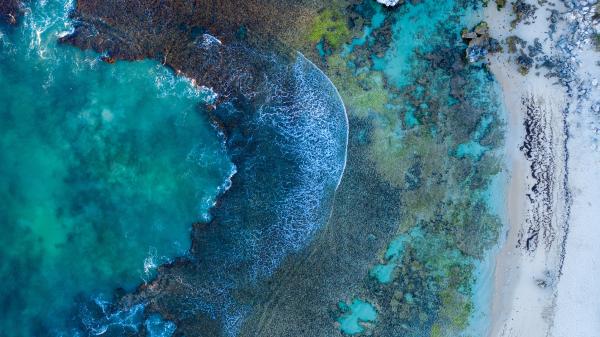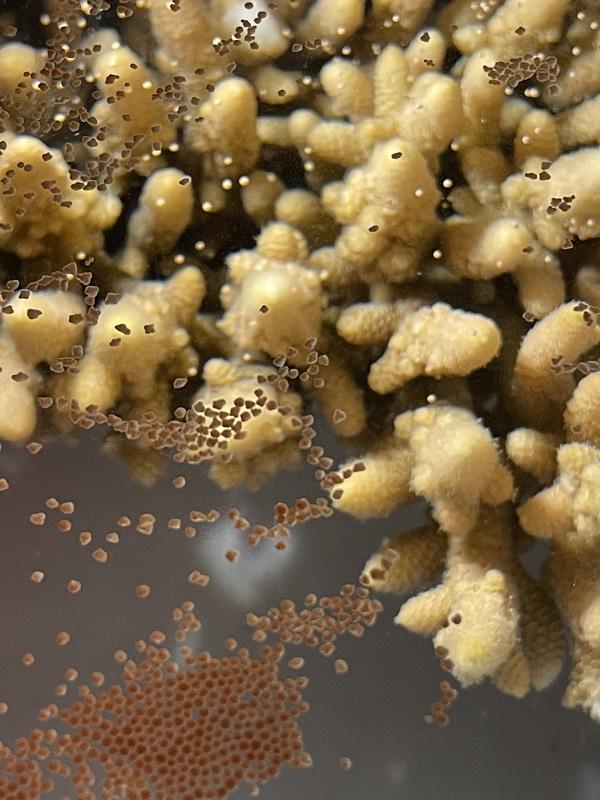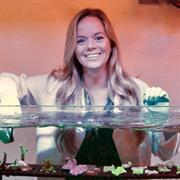Climate change is having a devastating impact on coral reefs around the world. If we are to help improve reef resilience, one key contribution is increasing the survival and growth of baby corals.
Project summary
Currently, less than 1% of coral larvae survive the first year. This drastically limits coral reproduction rates and the ability of reefs to recover from damage. Until recently, coral larvae were considered non-feeding. However, by providing them with foods in the laboratory setting, researchers from the UTS School of Life Sciences have shown that coral larvae can in fact feed. The research shows that during the critical early stages of development added nutrition can increase survival rates by up to 46%. This has exciting potential implications for reef restoration and resilience. The next step of the research is to scale up and provide supplementary nutrition to larvae in situ on the Great Barrier Reef, to see if the technique can be used to help re-establish coral populations in zones of the reef damaged by recent coral bleaching.
In partnership with the reef tourism industry and management agencies, the team plan to develop a mass larval feeding and enhancement program involving the collection, rearing, and feeding of larvae on the Great Barrier Reef. This will strengthen reef recovery and resilience in tourism and ecological hot spots.
Increasing larval survival could make a big difference to coral restoration and reef health around the globe. The findings and outputs from this research, including guidelines for other researchers and reef management agencies, can be applied in threatened reef ecosystems around the world.
For more information see the project summary.
Project timeline
2022 — 2023
SDG targets addressed by this project
Life below water:
14.2 - By 2020, sustainably manage and protect marine and coastal ecosystems to avoid significant adverse impacts, including by strengthening their resilience, and take action for their restoration in order to achieve healthy and productive oceans.
14.3 - Minimize and address the impacts of ocean acidification, including through enhanced scientific cooperation at all levels.
14.a - Increase scientific knowledge, develop research capacity and transfer marine technology, taking into account the Intergovernmental Oceanographic Commission Criteria and Guidelines on the Transfer of Marine Technology, in order to improve ocean health and to enhance the contribution of marine biodiversity to the development of developing countries, in particular small island developing States and least developed countries.
-
Chancellor's Postdoctoral Research Fellow, Climate Change Cluster





